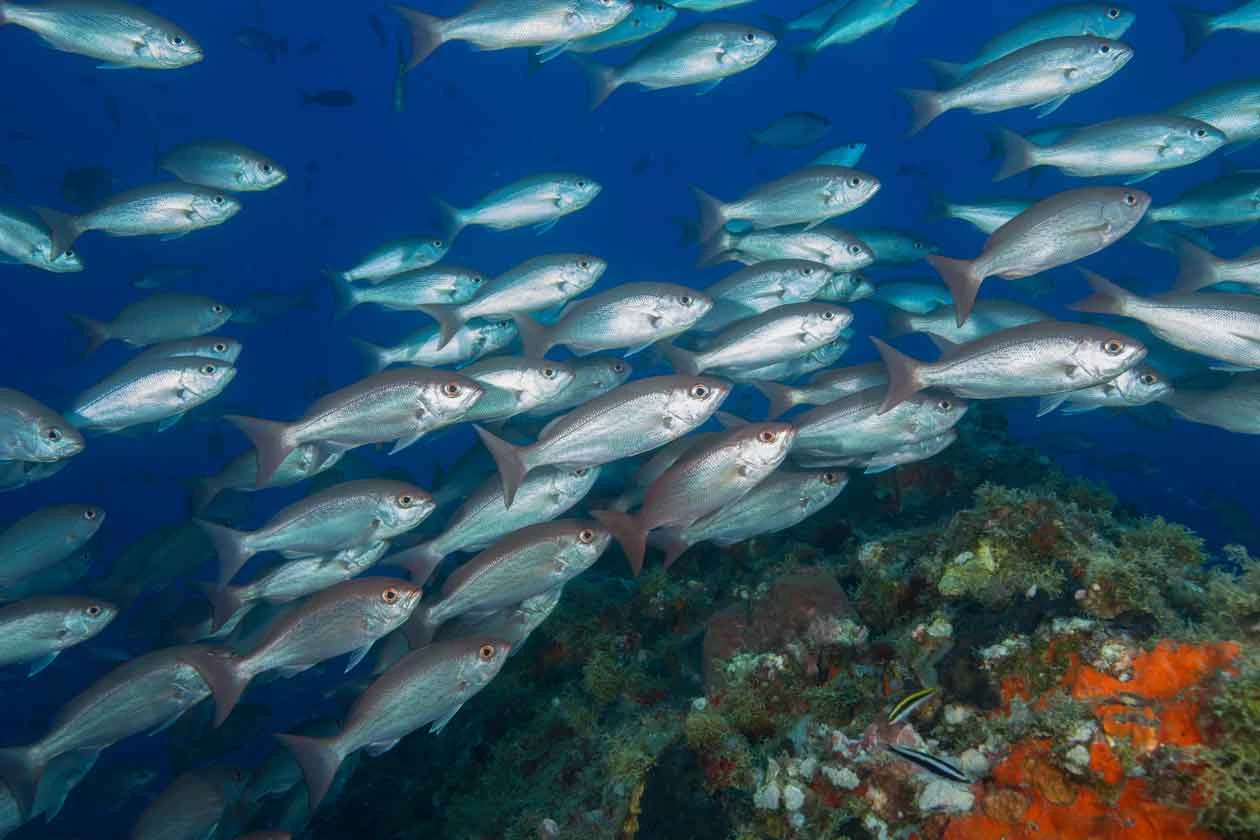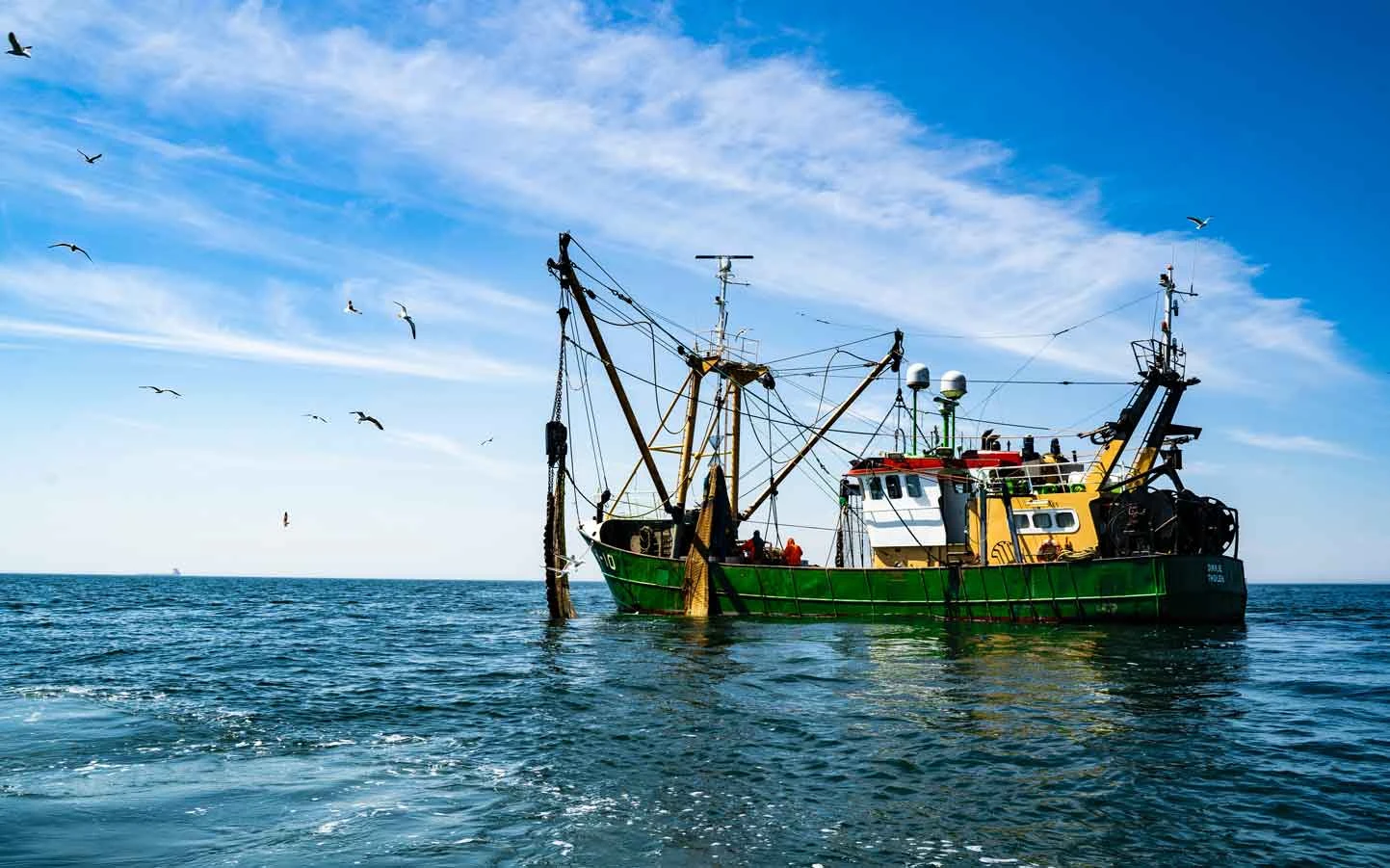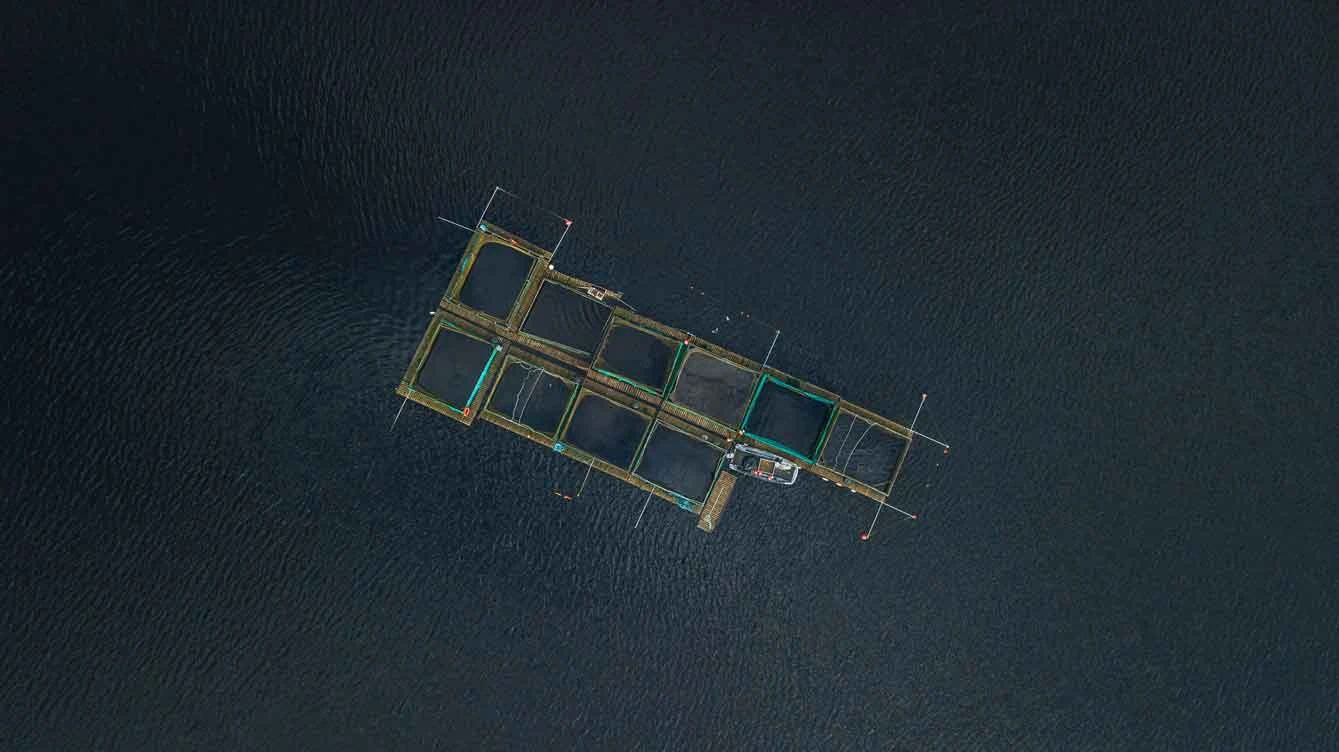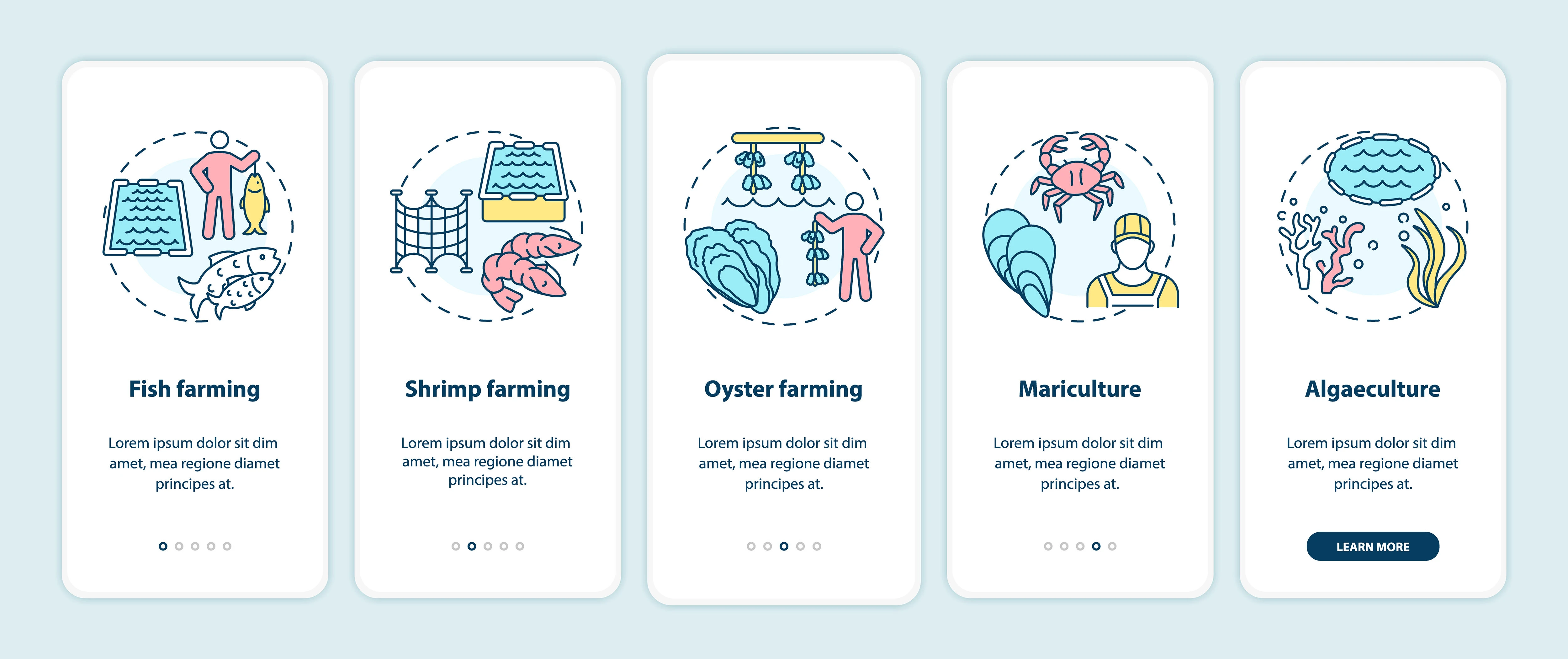
Sustainable Aquaculture Practices: Protecting Our Oceans and Future
As the demand for seafood increases, so does the pressure on our oceans and marine ecosystems. Aquaculture, the practice of farming aquatic organisms, offers a promising solution to meet this demand sustainably. In this post, we explore the benefits and challenges of aquaculture, highlighting its potential to safeguard our oceans and secure a sustainable food future.
Aquaculture, also known as fish farming, has gained traction as a viable method to supplement wild-caught fish and shellfish. It involves cultivating aquatic species in controlled environments such as ponds, tanks, or underwater cages. One of the significant advantages of aquaculture is its potential to ease the burden on wild fish populations, allowing them to recover and thrive.
- The sustainable practices of aquaculture have several key benefits. First, it provides a controlled and regulated environment that minimizes the negative impacts on natural habitats, such as overfishing and destructive fishing practices. Second, aquaculture reduces the risk of bycatch, which often involves catching unintended species along with the target catch. By avoiding bycatch, we can preserve marine biodiversity and protect endangered species.
- Moreover, responsible aquaculture practices can mitigate water pollution and minimize the need for harmful chemicals and antibiotics. This fosters healthier fish and protects consumers from potential health risks associated with the consumption of contaminated seafood.
Despite its advantages, aquaculture faces challenges that require careful management. Overcrowding in fish farms can lead to disease outbreaks, necessitating appropriate monitoring and disease prevention measures. Ensuring proper waste management is also crucial to prevent water pollution and maintain the health of aquatic ecosystems.
By promoting sustainable aquaculture practices and supporting research and innovation in the industry, we can achieve a balance between meeting seafood demand and preserving the health of our oceans for generations to come.
Discover Similar Posts

2023-08-02 • 2-minute read
Innovative Technologies Revolutionizing Aquaculture Industry
As the global population continues to grow, so does the demand for seafood. To meet this demand sust...

2023-08-02 • 2-minute read
The Role of Aquaculture in Nourishing a Growing Population
With the world's population on the rise, ensuring a sustainable and sufficient food supply is a pres...

2023-09-12 • 1-minute read
Development and Coding in the World of Fisheries and Aquaculture
In our ever-evolving digital age, fisheries and aquaculture are also embracing technology. Discover...

2023-10-05 • 2-minute read
Optimizing Fisheries and Aquaculture Operations with Technology
Discover how technology plays a pivotal role in optimizing fisheries and aquaculture operations, ens...